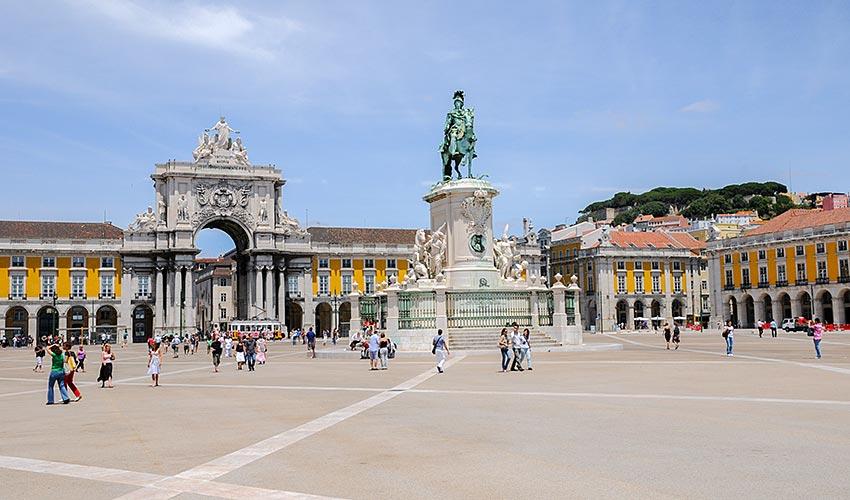Portuguese language is one of the Romance languages. Like all other languages of this group, Portuguese is a direct modern descendant of Latin, the vernacular Latin of the Roman soldiers and settlers rather than the classical Latin of the cultured Roman citizens. It developed in ancient Gallaeci (modern Galicia, in northwestern Spain) and in northern Portugal, and then spread throughout present-day Portugal.
Portuguese owes its importance (as the second Romance language, after Spanish, in terms of numbers of speakers) largely to its position as the language of Brazil.
Approximately 200 million people speak Portuguese as their native tongue worldwide making it the third most spoken European language. Apart from the Portuguese themselves, the language is also spoken in parts of Africa including Angola, Cape Verde, Mozambique and Guinea-Bissau as well as in East Timor in Asia. It is also the language of the island-nation of São Tomé and Príncipe, in the Gulf of Guinea.
There are five main Portuguese dialect groups: (1) Northern, or Galician, (2) Central, or Beira, (3) Southern (including Lisbon, Alentejo and Algarve), (4) Insular (including the dialects of Madeira and the Azores and (5) Brazilian.
Typical of the Portuguese sound system is the use of nasal vowels, indicated in the orthography by ‘m’ or ‘n’ following the vowel (e.g., sim "yes", bem "well") or by the use of a tilde (~) over the vowel (mão "hand", nação "nation").
Portuguese is a beautiful language often being described as ‘the sweet language’ by European literary figures. Why not give it a try while you enjoy your holiday? If you would like to learn a few words and phrases to help you on your travels, check out our brief guide to Speaking Portuguese.

 English
English  Português
Português  Deutsch
Deutsch 


